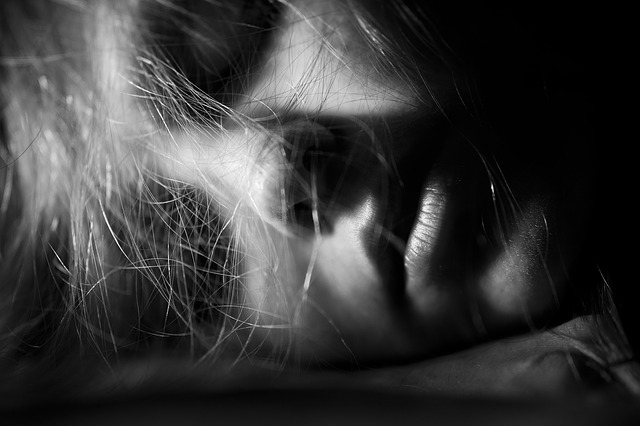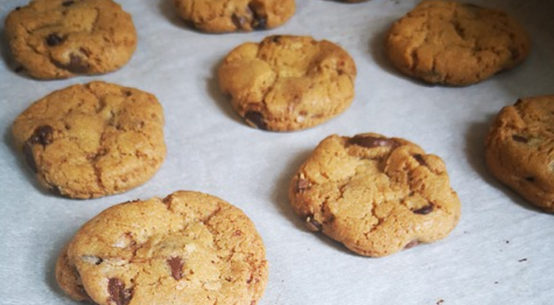
There’s a reason sleep deprivation is used as a form of torture, because after just a few nights of enduring it, many will gladly give up state secrets.
About 70 million people in the United States struggle with sleep disorders, the most common being insomnia. (“Can’t insomnia simply be cured by reading your work?” you ask, and wow, okay. And actually, yes.)
Sleep disorders are a serious problem on many fronts. Forbes writes:
“A host of studies and reports has linked insufficient sleep to depression, ADHD, obesity, Type 2 diabetes, cardiovascular disease, cancer, and Alzheimer’s. Back in 2014, the CDC labeled sleep deprivation a public health epidemic—with over 70 million adults suffering from a sleep disorder.
Sleeplessness is also connected to other severe consequences: The National Highway Traffic Safety Administration estimates that drowsy driving causes 1,550 deaths and 40,000 injuries annually in the United States.”
A new study published in the December edition of Complementary Therapies in Medicine shows that when consumers are given the option of obtaining cannabis through a recreational use program, they will increasingly use cannabis in place of over the counter (OTC) sleep aid medications.
Marijuana Moment describes this study, which was performed in Colorado by researchers from California State Polytechnic and the University of New Mexico who “used retail scanner data collected by the Nielsen Company to help them understand how access to recreational marijuana affected the sales of OTC sleep medications and supplements such as melatonin purchased at (587) local stores in Colorado.” The study ran from December 2013 to December 2014.
They determined that prior to the opening of a dispensary in a county, the sale of OTC sleep aids was consistent. After the dispensary opened, those sales began declining after the first month, even more following the second month, and so on.
Weep for the pharmaceutical industry, because as Marijuana Moment writes, “A regression model showed that sleep aid market share growth decreased by 236 percent after a dispensary entered the market, and this negative association increased as the number of dispensaries grew.”
The study noted that cannabis “competed favorably” with products containing “diphenhydramine and doxylamine, which constitute 87.4% of the market for OTC sleep aids.”
Other studies have shown how providing access to cannabis through a regulated program results in reduced opioid prescriptions, reduced opioid use, and as one study showed “opioid mortality rates drop when recreational marijuana becomes widely available via dispensaries.”
This newest study underscores that cannabis can be safely and effectively swapped in for both prescription and commonly used OTC medications, and how being “one of those people who smoke and then fall asleep” may sound like a perfect, well-needed solution to their nocturnal issues.

